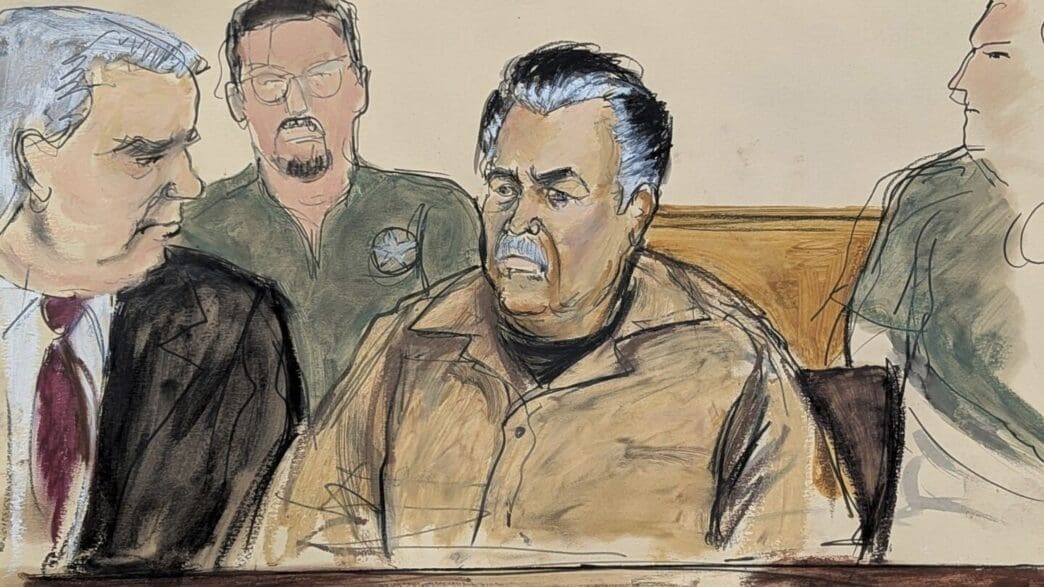Mexican authorities are considering a request from Ismael “El Mayo” Zambada, a prominent leader of the Sinaloa cartel, currently imprisoned in the United States, to be extradited back to Mexico for judicial proceedings. This development was confirmed by President Claudia Sheinbaum during a recent announcement.
President Claudia Sheinbaum confirmed that the Mexican consulate in New York has received Zambada’s extradition request. This move follows the arrest of Zambada by U.S. authorities near El Paso, Texas, in July, alongside another Sinaloa cartel member.
Zambada, who is waiting for trial in the U.S., insists that his transfer was non-consensual, claiming Joaquín Guzmán López, son of the former cartel head Joaquín “El Chapo” Guzmán, kidnapped and forcibly took him to the U.S. Guzmán López was similarly apprehended upon reaching Texas.
Mexican authorities are actively investigating the circumstances surrounding Zambada’s capture. However, President Sheinbaum clearly stated that this investigation is focused on the arrest process rather than defending Zambada’s alleged crimes.
In his letter requesting extradition to Mexico, Zambada questioned the legality of his entry into the United States. He also requested the Mexican government to ensure the death penalty is not considered in his trial, aligning with Mexico’s stance against capital punishment.
A precedent exists for such requests, as seen in the case of Mexico’s former Defense Secretary Gen. Salvador Cienfuegos, who was returned to Mexico in 2020 after diplomatic interventions, despite facing drug trafficking charges in the U.S.
U.S. prosecutors mentioned ongoing plea discussions with Zambada earlier this year, reflecting the legal entanglements at play. Zambada is notably recognized for managing smuggling operations for the Sinaloa cartel while maintaining a low public profile.
Typically, the U.S. requires that convicted criminals serve their sentences before considering repatriation, except in unique cases like Cienfuegos. The current examination of Zambada’s case reveals complex intergovernmental legal negotiations.
The Mexican government’s actions will determine the outcome, considering the implications for bilateral relations and legal norms. As this case unfolds, it underscores ongoing tensions and cooperation between Mexico and the United States in handling drug-related crimes.
The decision surrounding Ismael Zambada’s request for extradition to Mexico involves intricate legal and diplomatic considerations. As Mexico continues to evaluate this petition, the interplay between national sovereignty, judicial processes, and international relations remains critical. The outcome of this case will serve as a reflection of the broader dynamics between the two nations in addressing cross-border criminal activities.








